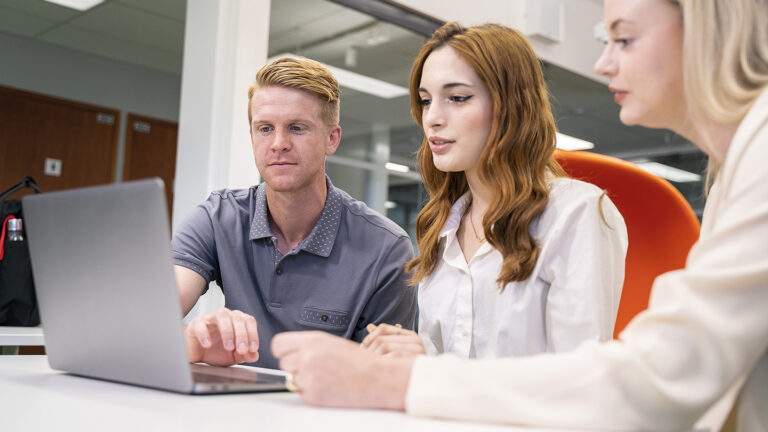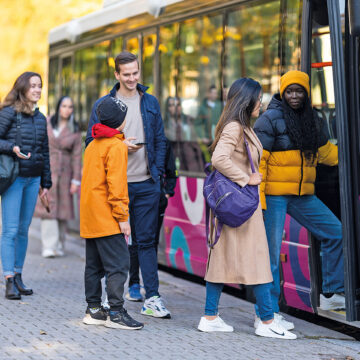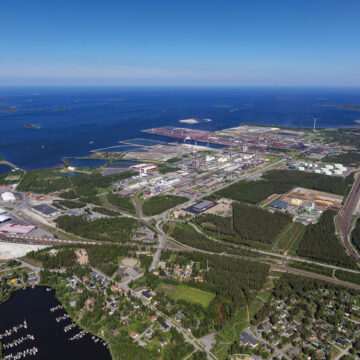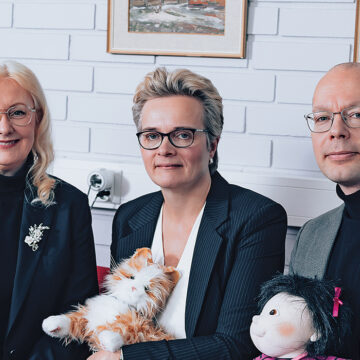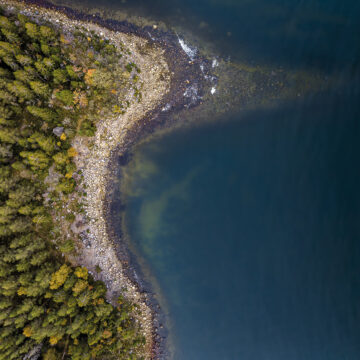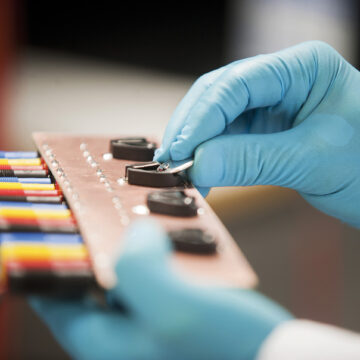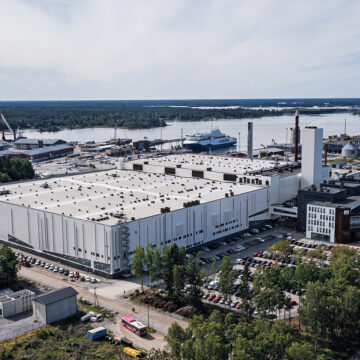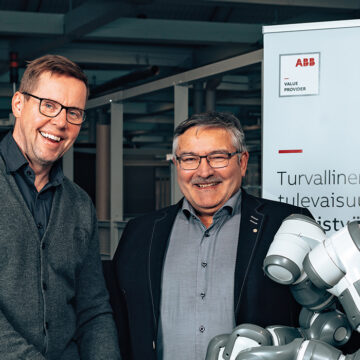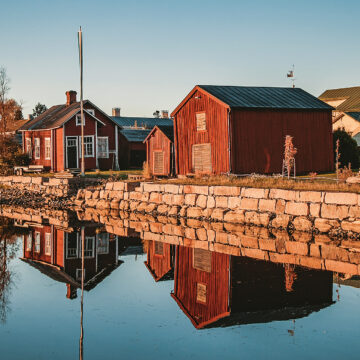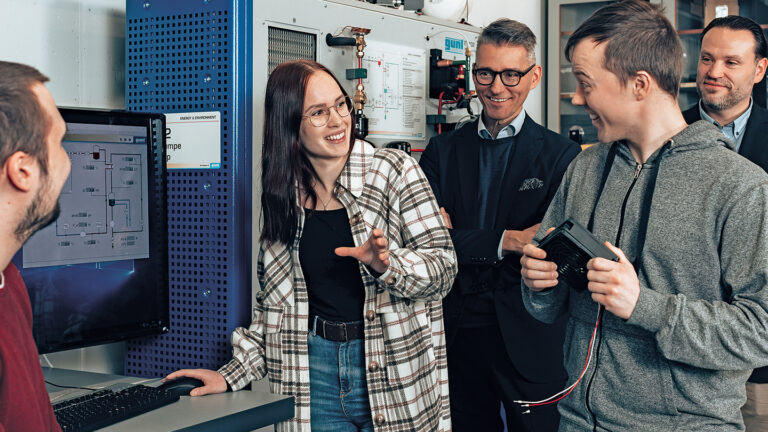
At Novia’s Intelligent Systems Institute, sustainability is boosted through AI
Sustainability has been an integral part of Novia University of Applied Sciences’ day-to-day life for close to two decades already. Its greatest impact, comes from the education and research it conducts:
“The 600-700 university students that we annually graduate have all been trained in sustainability. Every degree programme here includes environmental, social, and economic sustainability, regardless of whether you study to become an engineer, master mariner, musician or agrologist”, says Örjan Andersson, President at Novia.
Sustainability is a carrying theme also at Novia’s recently founded Intelligent Systems Institute, which is a one-stop shop for the university’s expertise, education, research, and industry collaborations within artificial intelligence (AI), the Internet of things (IoT), big data, digitalisation, and robotics. From an environmental sustainability perspective, the institutes’ AI applications within the energy industry are particularly interesting:
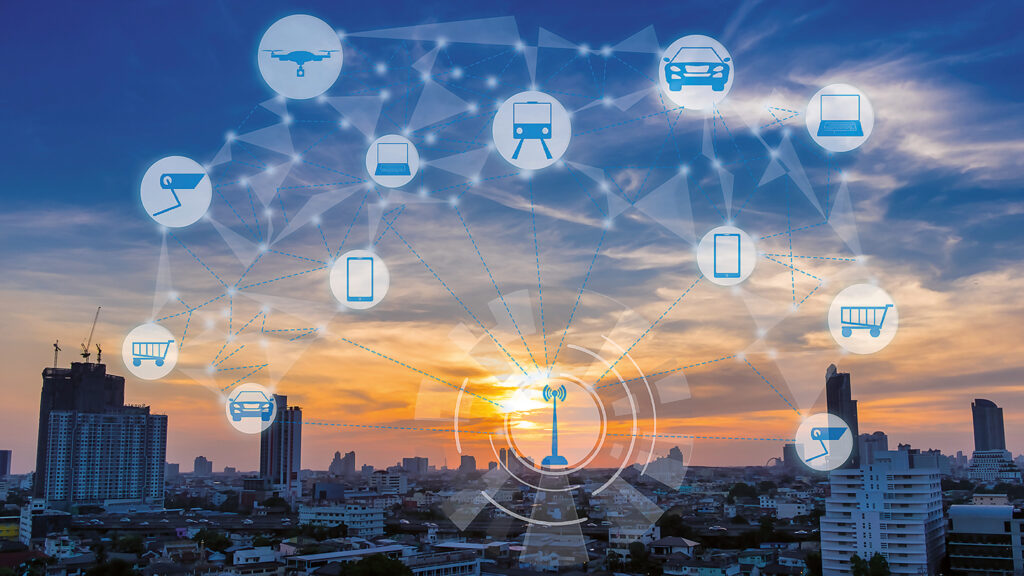
“The energy sector is moving towards decentralisation, renewable energy sources, and smaller production units, which all require flexibility and complex resource optimisation. To take into account all parameters and input in real-time, we need intelligent energy systems. Our institute is creating smart energy models, for instance, in the form of prosumer profiles and utilising AI for energy management”, says Kristian Blomqvist, Dean at the Faculty of Technology and Seafaring.
As a multidisciplinary university of applied sciences, Novia’s intelligent research applications touch every part of society. Another of its institute’s research areas, uses AI, IoT, and big data in welfare technology to enable elderly people to live independently at home for longer:
“In Vaasa, we have a smart home, a living lab, full of sensors, that tell us how its inhabitant is doing, where they are, if they have fallen down, left on a stove, whether there is a fire and so on. With smart intelligence such as this we can create solutions that are both socially and economically sustainable”, explains Blomqvist.

